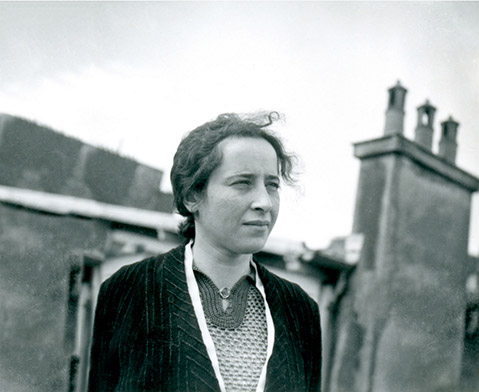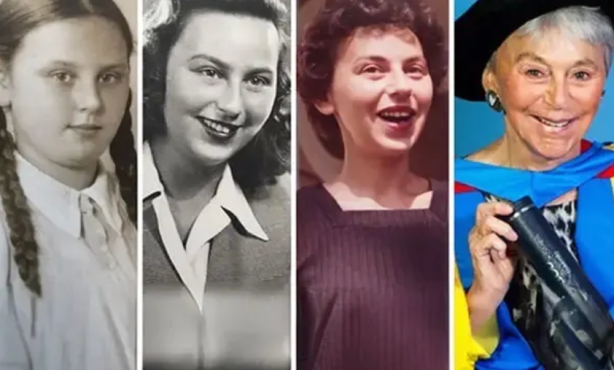‘Vita Activa: The Spirit of Hannah Arendt’
Director Ada Ushpiz

Vita Activa covers the entire span of philosopher Hannah Arendt’s remarkable life. As a student of Karl Jaspers and a lover of Martin Heidegger, the young Arendt participated fully in the most elite circles of the German intellectual scene. Her later espousal in Eichmann in Jerusalem of the controversial concept of the banality of evil brought her both international fame and intense criticism. This film pairs Arendt’s ideas with the reflections of many thinkers who knew her or were influenced by her, and it embeds her philosophical journey within a wealth of archival footage to a powerful cumulative effect.
U.S. PREMIERE
How did you go about working with the combination of the author’s writing and archival footage?
The artistic challenge for me was to edit scenes using archive footage, each scene with its own latent dramatic narrative or an accumulation of images depicting one subject, culminating in a strong emotional reaction, adding a dramatic value to the film. For instance: the scene in which Germans are being forced by the Allied Forces to look at the horrors of the Nazi concentration camps immediately after the end of the war. The scene was edited by paying close attention to close-ups of German expressions of distrust, sickness, and shock, and by using as many different faces and types of reactions as possible.
Against this background, Arendt’s poignant words about the way in which the murderers become, in their own eyes, the victims of their crimes, thus distancing themselves from guilt, receive, in my opinion, not only additional validation but also a very particular shade. These narrative sequences were also meant to emotionally intensify the film. More so, by serving as a private example to Arendt’s universal insight, they have an intrinsic value that goes beyond the written word.
Has making this film changed you or your views on history? How?
I don’t feel that making the movie changed me or changed my views on history. My great joy was to reveal Arendt along the making of the movie as a unique moral philosopher …. I was thrilled by her rejecting the popular idea that truth is in the eyes of the beholder on the ground that it undermines the possibility of communication between people and of a common world as such. In this respect, I think she was ahead not only of her time but also of our postmodernist time.



